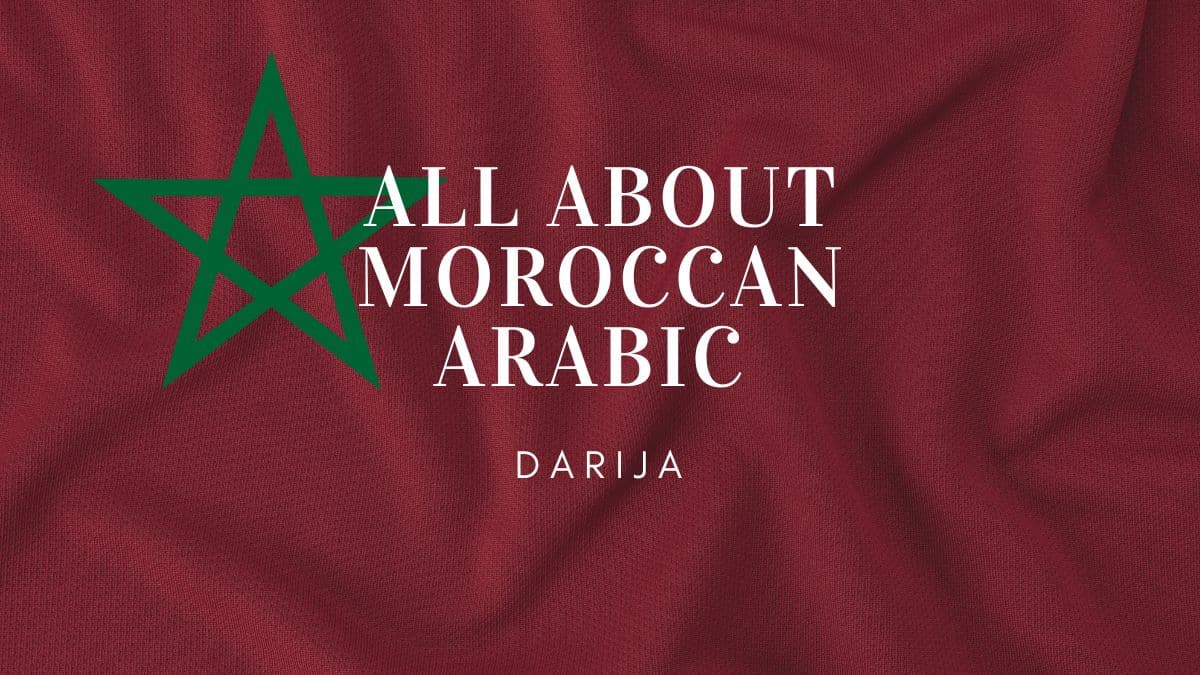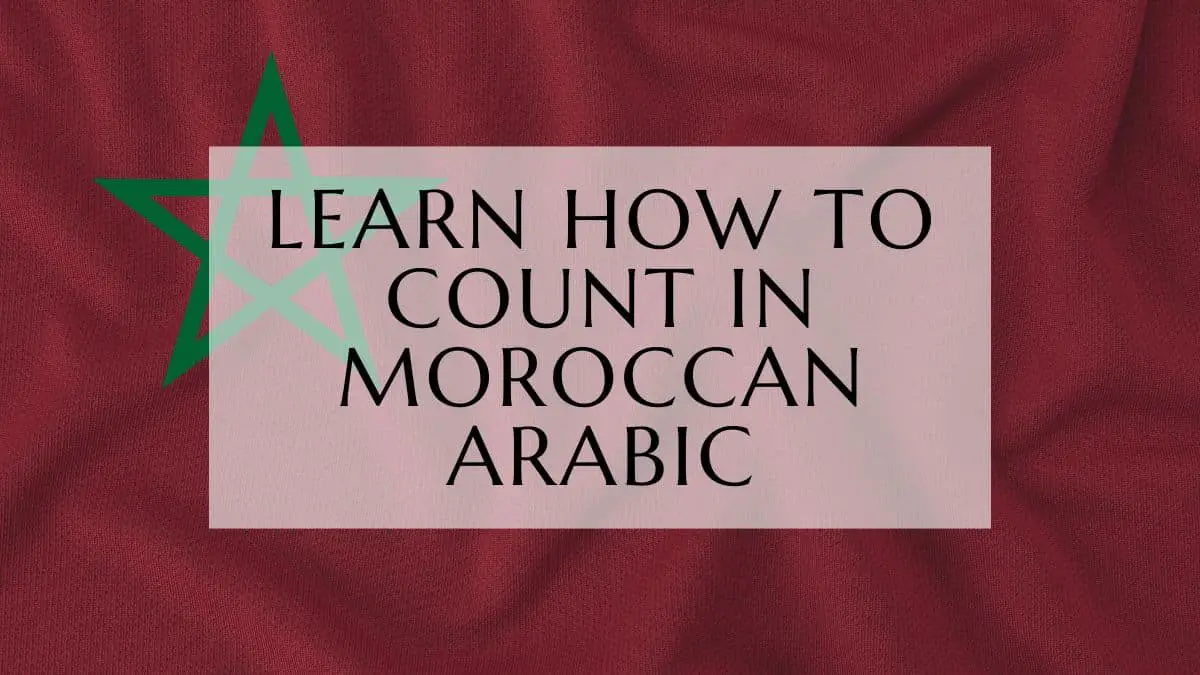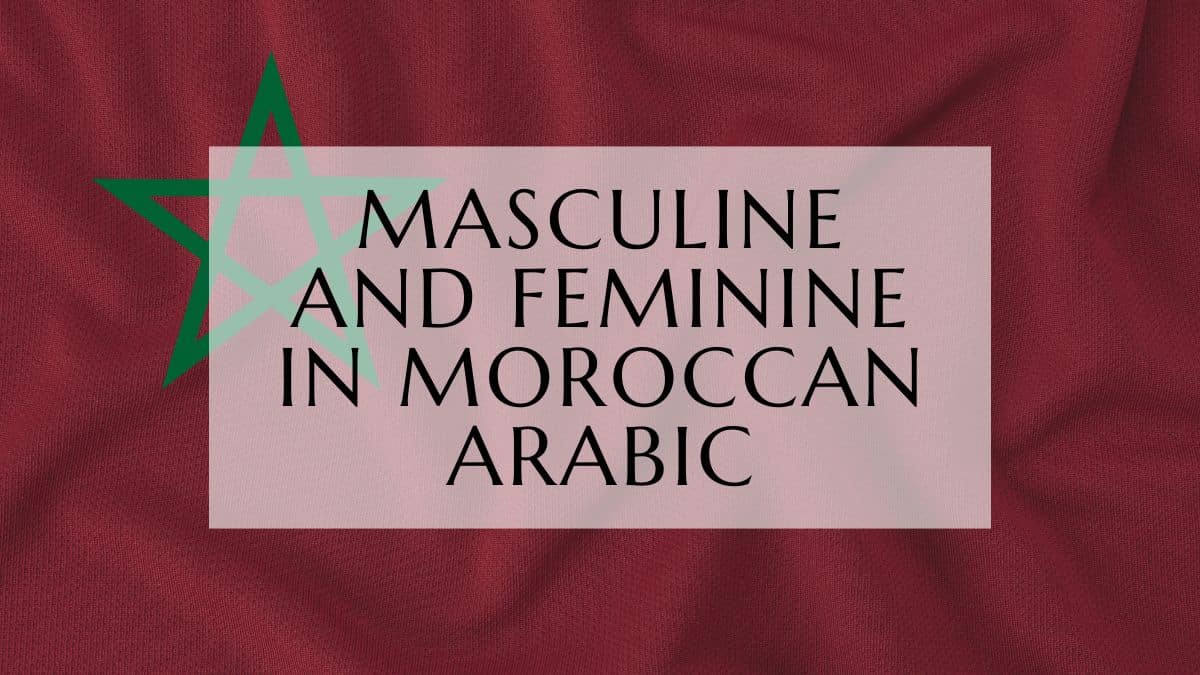Learning to ask “How are you?” in Moroccan Arabic is essential. This guide will teach you how to say “كيداير؟” (kidayer?) and other greetings. It’s perfect for beginners and those who already know some Moroccan Arabic.
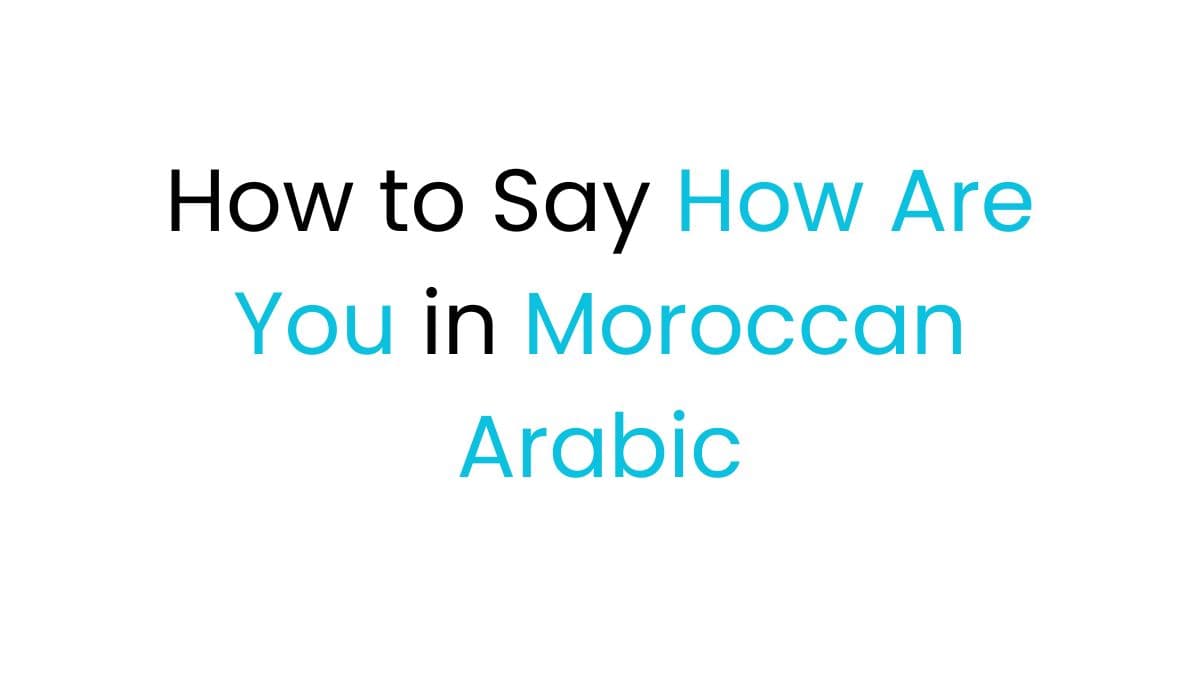
In Morocco, there are many ways to ask about someone’s health. You’ll learn from the usual “كيداير؟” (kidayer?) to casual ones like “أشنو خبارك؟” (ashno khbarak?). Knowing these phrases helps you talk every day and connect better with people who speak Darija.
Introduction
In Moroccan Arabic culture, greetings are very important. They show respect, politeness, and care for others. Learning to ask “How are you?” and answer right is key for making friends and getting along in Morocco.
Importance of Greetings in Morocco
Greetings in Moroccan Arabic culture are more than just saying hello. They help build connections, show respect, and bring people together. People usually wait only 200 milliseconds to respond, showing how crucial good greetings are.
Why Learning Different Ways to Say “How Are You” Is Important
Moroccan Arabic is spoken in many regions, each with its own way of speaking. Learning different ways to say “How are you?” helps you talk better with people from various places. It lets you fit in, be more polite, and really get into the culture.
It doesn’t matter if you’re just starting or already speak Moroccan Arabic well. Getting good at greetings can help you make real friends and understand Moroccan traditions better.
Formal Ways to Say “How Are You” in Moroccan Arabic
In Moroccan Arabic, how you greet someone depends on the formality and your relationship with them. For elders, superiors, or strangers, you use a formal tone. Examples are “كيداير؟” and “كيف غادية الأمور معاك؟”. For groups, use the plural form, like “كيدايرين؟” and “كيف غادية الأمور معاكم؟”.
Singular Formal Expressions
- كيداير/كيدايرا؟ (how are you? / kidayer, kidayra for female)
- كيف غادية الأمور معاك؟ (kif ghadya l omor m’aak?/ how are things going with you?)
- لاباس؟ (labas?)
Plural Formal Expressions
- كيدايرين؟ (kidayrin?/ how are you?)
- كيف غادية الأمور معاكم؟ (kif ghadya l omor m’aakum?)
- لاباس عليكم؟ (labas ‘alikum?/ are you well?)
These formal expressions are key in professional settings, with elders, or when meeting strangers or those in authority. Knowing these greetings is crucial for cultural respect and etiquette in Moroccan Arabic-speaking areas.
My favourite one: Kidayer labas ‘alik? (How are you? are you good? /كيداير لاباس عليك؟)
Informal Ways to Say “How Are You” in Moroccan Arabic
When talking to friends, family, or the young, Moroccan Arabic speakers often use casual ways to ask about well-being. These phrases show a friendly and relaxed tone. They also help build a connection and rapport.
Common Informal Expressions
- “كيداير؟” (How are you?/ kidayer)
- “أشنو خبارك؟” (What’s up?/ shnu khbarek)
- “كي داير مع الوقت؟” (How are you managing?/kighadi m’a lweqt)
“كيداير؟” is a basic and neutral way to ask “how are you?” It’s one of the most common greetings in Moroccan Arabic.
Regional Variations
Moroccan Arabic dialects change a lot across regions. Some expressions are more common in certain areas. For example:
- In northern Morocco, the informal greeting “كيف عامل؟” (how’s it going?/kif ‘amel) is quite common.
- In Casablanca, popular informal greetings include “كي داير مع الوقت؟” and “واش كاين شي جديد؟”. (kidayer m’aa lweqt/ wash kayen shi jadid)
Knowing these regional expressions can help learners of Moroccan Arabic communicate better. It also helps them connect with people from different backgrounds.
How are you in Moroccan Arabic
The most basic ways to ask “How are you?” in Moroccan Arabic are “كيف داير؟”, “أشنو خبارك؟”, and “كي داير مع الوقت؟”. These phrases work well with both formal and informal people.
Standard Ways to Ask “How Are You?”
To greet someone in Moroccan Arabic, you can say “كيداير؟”. This means “How are you?” and is good for casual chats. Another way is “أشنو خبارك؟”, which also means the same thing.
For more formal situations or when showing respect, say “كيف لاضيغض الأمور معاك؟”. This is the polite version, using a more formal tone instead of the casual one.
Slang and Colloquial Expressions
Moroccan Arabic has many slang and informal ways to greet friends. For example, you can say “أشنو كاين؟” (ashnu kayen), (ashnu tari/what’s happening)“أشنو طاري؟”,(ashnu lhasol/ what’s the conclusion) “أشنو الحاصول؟”, or “أشنو الموضوع؟” (ashnu lmodo’/ what’s the subject). These make conversations more fun and casual.
How to Respond to “How Are You?”
When you hear “How are you?” in Moroccan Arabic, it’s key to match the formality. Saying “بخير الحمد لله. وأنت؟”, “بخير الله يجازيك بخير. وأنت؟”, or “بخير الحمد لله، وأنت؟ كيف داير؟” is polite. These phrases show respect and care for the person asking.
Formal Responses
- بخير الحمد لله. وأنت؟ (Fine, thanks to God. And you?/ bikhir alhamdulillah wnta?)
- بخير الله يجازيك بخير. وأنت؟ (Fine, may God grant you good things. And you?/ bikhir allah ijazik bikhir, wnta?)
- بخير الحمد لله، وأنت؟ كيداير؟ (Good, thanks to God, and you, how are you doing?/ bikhir alhamdulillah wnta kidayer?)
These formal answers show respect and answer the question nicely. They’re best used in professional or formal situations. This includes talking to a boss, an older person, or someone you don’t know well.
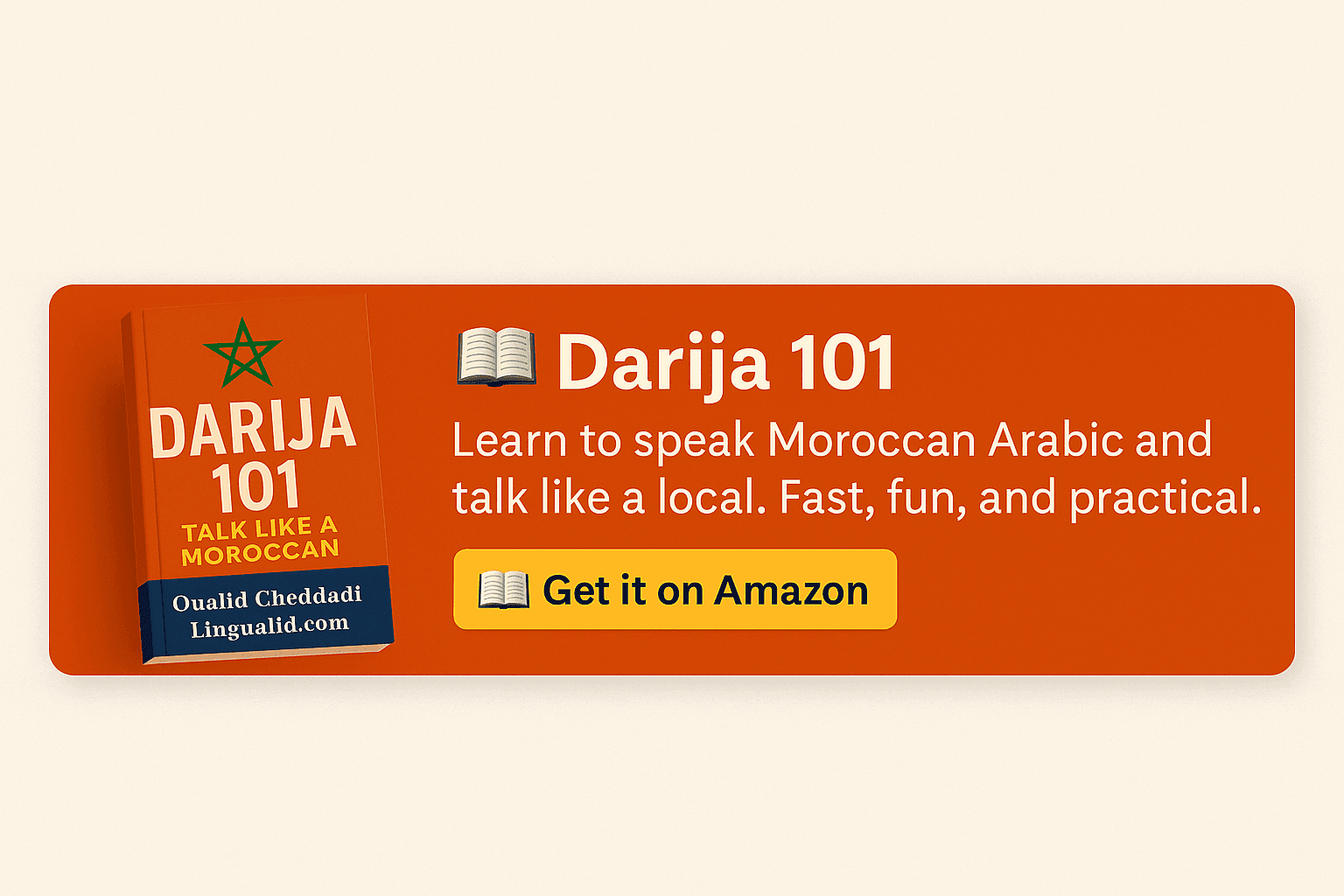
| Formal Response | Meaning | Appropriate Usage |
| بخير الحمد لله. وأنت؟ | Fine, thanks to God. And you?/ bikhir alhamdulillah wnta? | When speaking to a formal acquaintance, superior, or in a professional setting. |
| بخير الله يجازيك بخير. وأنت؟ | Fine, may God grant you good things. And you?/ bikhir allah ijazik bikhir, wnta? | When speaking to an elder, authority figure, or in a formal business environment. |
| خير الحمد لله، وأنت؟ كيف داير؟ | Good, thanks to God, and you, how are you doing? / bikhir alhamdulillah wnta kidayer? | When addressing a stranger, superior, or in a professional setting where a more extended response is appropriate. |
“Responding to a formal ‘How are you?’ in Darija is all about matching the level of respect and formality. Using the right expressions can make a great impression and show that you understand the cultural nuances.”
Intermediate and Advanced Expressions
When you improve your Moroccan Arabic, you can ask about someone’s health in new ways. You might say “كيداز نهارك؟” (How was your day?/ kidaz nharek?), “واش نتا حسن دابا؟” (Are you feeling better? / wash nta hsen daba?), or “كيف دايرا الأمور؟” (How’s everything going?). These phrases show you know more Darija and help you talk in a deeper way.
Oualid Cheddadi is the founder of Lingualid, a platform that inspires independent language learners worldwide, regardless of the language they are learning. The name “Lingualid” is derived from the Portuguese word for “language,” “língua,” and the last three letters of Oualid’s name, “Lid.”

